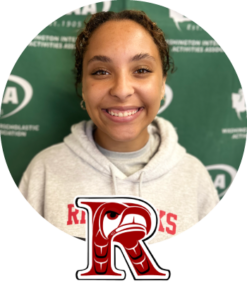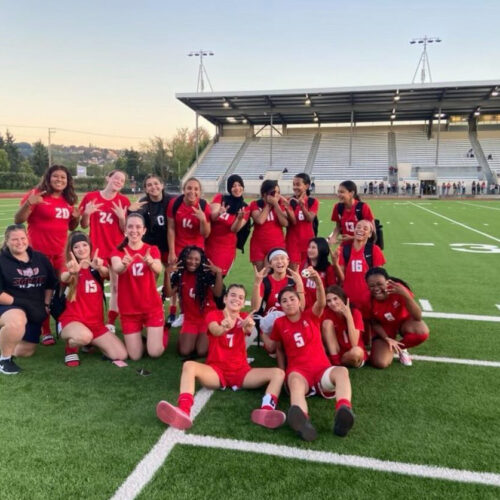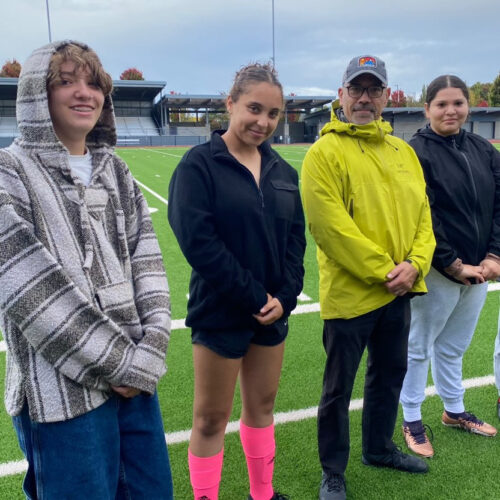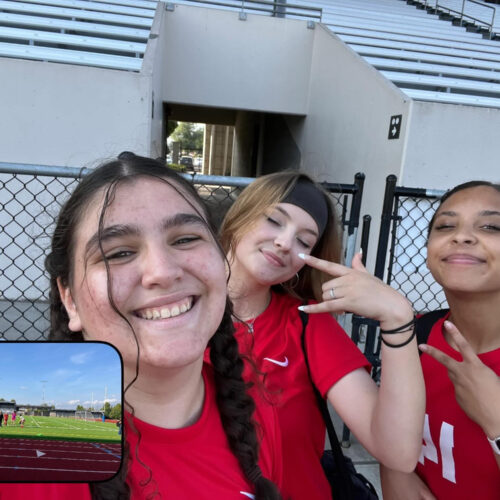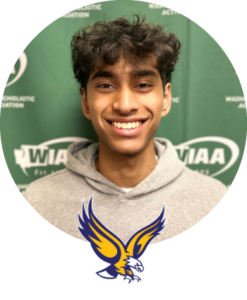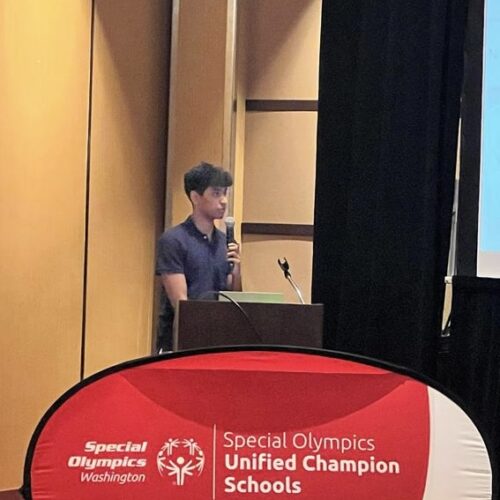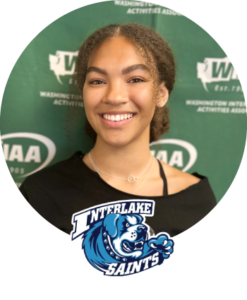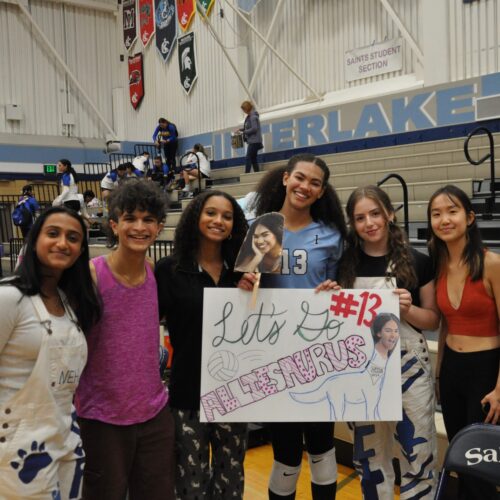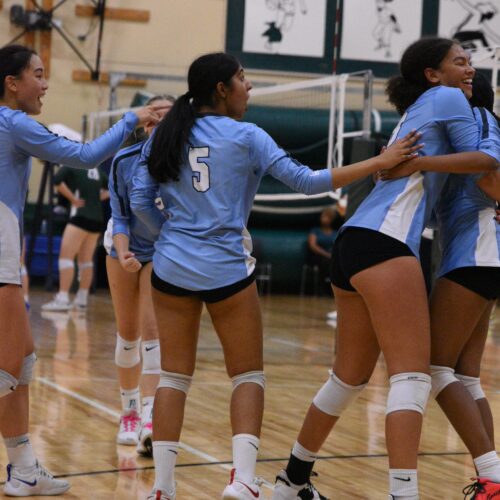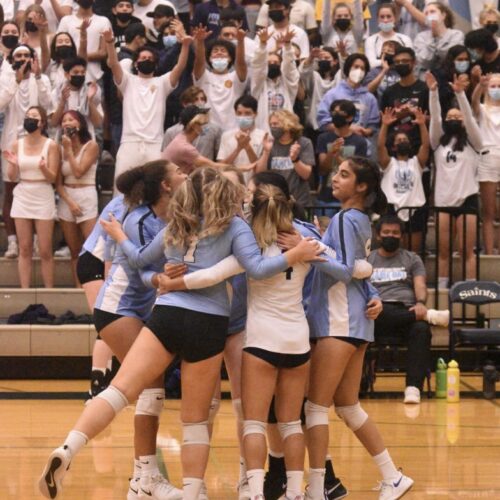YOUNG FEMALE ATHLETES DESERVE FEMALE COACHES! – BY RYLEE ALOISIO, FRANKLIN PIERCE (’24)
Almost all male athletes have male coaches, so why don’t all female athletes have female coaches? I believe that young female athletes deserve female coaches because having a strong female role model and someone who believes in you means the world to a female athlete. Female coaches understand female athletes, while male coaches might not understand the mental and physical struggles that female athletes experience.
I grew up having male coaches, but then switched to Sundodgers. I have been in the Sundodgers organization for four years now, and it has changed my life immensely. I am not only a better softball player, but a better person, and I think this is because I have female coaches to look up to. In our organization, we focus on playing at the next level and we are coached by females who have been through the college process. This causes us players to have great role models and someone to help guide us through the recruiting process to hopefully achieve our goals of playing in college.
I am lucky enough to be coached by Carli Rasmussen and Shawna Wright. Carli played soccer and softball at Pacific Lutheran University, and Shawna, who is the director of Sundodgers, played at The University of Washington and for Team USA. Having the both of them as mentors has made my softball experience amazing and I will forever be grateful for them. Carli and Shawna aren’t the only mentors I’ve had — Kennedy Robillard and the rest of the Softball University staff have also been through college athletics and are constantly pushing us to be the best we can be and helping us achieve our goals.
Former LEAP member Joh ’nell Clark told me that she met Carli and Shawna when she was thirteen, and at that time she didn’t really take softball seriously and was just having fun. Carli and Shawna showed her how to take the game seriously and also have fun, but she said that they didn’t only affect her softball-wise. She grew up wanting to be a strong, empowered woman like her coaches, and Carli and Shawna are what drove her to start coaching. Now, Joh ‘nell and her sister, Rhyme, coach the Sundodgers first 10U team! Female coaches inspire female athletes to also be coaches. In such a male-dominated position, it’s good to see more and more women step into that role.
There are many talented male coaches, but I definitely feel like there are benefits to having female coaches who know the sport. I hope that one day I can coach and inspire female athletes to do so as well!







